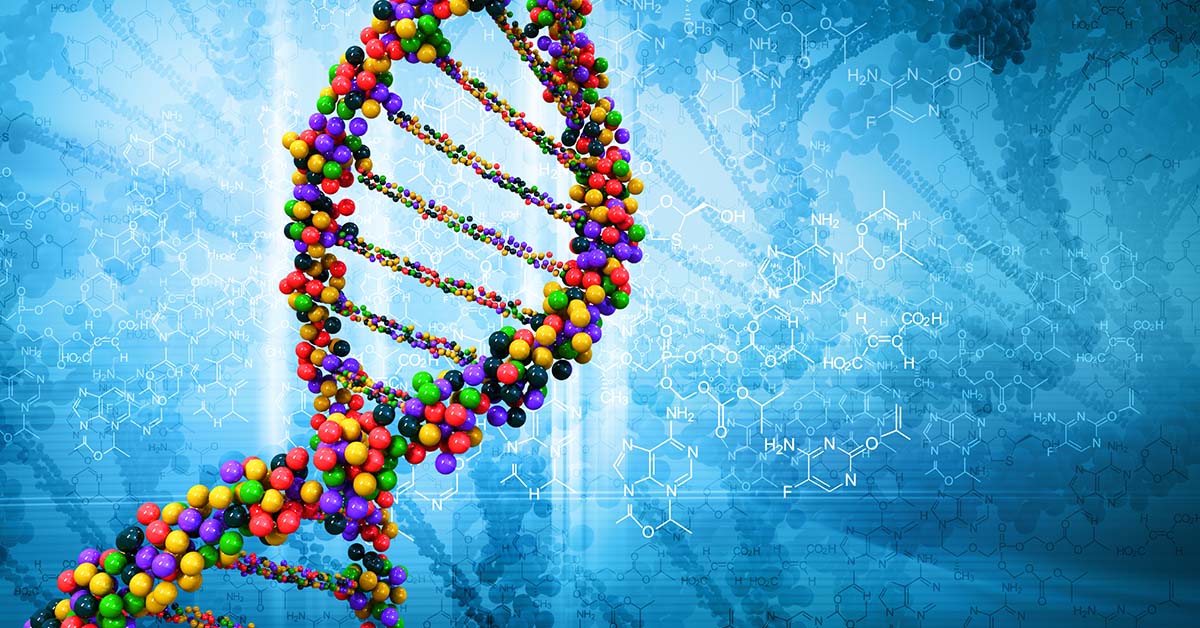Tryptase is an enzyme protein normally stored in mast cells, a critical component of the immune system. Mast cells are mistakenly activated when an individual with a food allergy is exposed to their allergen, resulting in a cascade of symptoms that can escalate to anaphylaxis.
Individuals produce alpha-tryptase and beta-tryptase depending on their genetics. Researchers set about to determine whether the presence of alpha-tryptase was an indicator of more severe allergic reactions, as they suspected. Their results were recently published in the Journal of Allergy and Clinical Immunology.
They looked at two specific cohorts comprising 119 subjects: One with 82 patients (median age, nine years) with food allergy from a National Institute of Allergy and Infectious Diseases and another with 37 patients (median age, three years) who had oral food challenges (OFC) for peanut allergy at Ann and Robert H Lurie Children’s Hospital of Chicago.
Patients from the first cohort included 61 with a history of anaphylaxis, and the second cohort included 21 patients with a history of severe reactions and 16 with a history of mild reactions, including urticaria (hives), angioedema (swelling), rash or erythema (reddening of the skin).
The subjects were genotyped to determine their specific type of tryptase.
Among the subjects in the NIAID cohort, the presence of alpha-tryptase was associated with a higher prevalence of food-triggered anaphylaxis than in those with only beta-tryptase.
Similarly, only 1 of 6 subjects in the OFC cohort with only beta-tryptase (17%) had a severe reaction, whereas 20 of 31 subjects with alpha-tryptase (65%) had a severe reaction.
Subjects with alpha-tryptase also had higher total Severity Grading Scale for Acute Reactions (SGSAR) scores than did the subjects with no alpha-tryptase.
Based on their findings, the researchers concluded the presence of alpha-tryptase in subjects is correlated with a higher prevalence of anaphylaxis or severe reaction to food than in subjects without alpha-tryptase.
The researchers indicated that tryptase genotyping and alpha-tryptase-encoding copy numbers might be useful biomarkers in determining risks for severe reactions among patients with food allergy but that larger studies were necessary to determine whether this approach would be effective.





